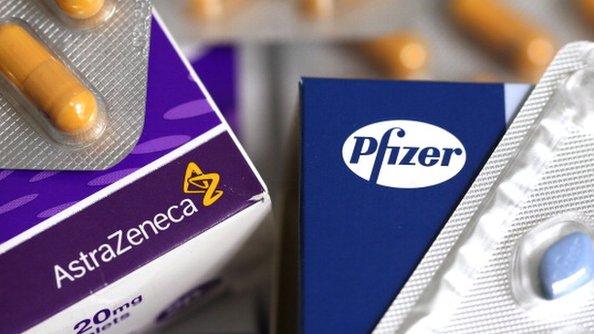Pfizer drops AstraZeneca takeover bid
- Published
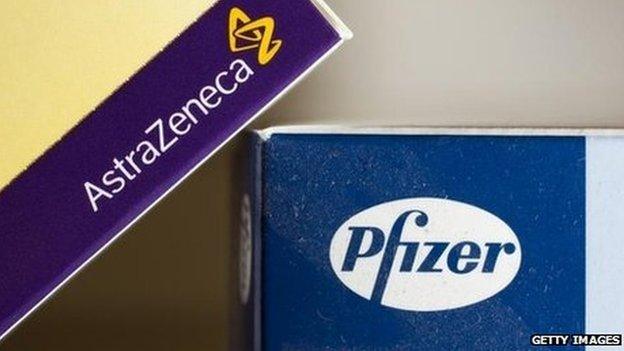
US drugs giant Pfizer has withdrawn its £55 a share, £69bn takeover bid for UK pharmaceutical firm AstraZeneca.
It said: "Following the AstraZeneca board's rejection , externalof the proposal, Pfizer announces that it does not intend to make an offer."
AstraZeneca's chairman, Leif Johansson, said, external it would "continue building on the momentum we have already demonstrated as an independent company."
AstraZeneca had fiercely resisted the bid, backed by some politicians.
It rejected a final offer from Pfizer earlier this month, saying the proposal undervalued the company and its "attractive prospects".
Nevertheless, in recent weeks some AstraZeneca shareholders had said they wanted the firm to engage with Pfizer.
But Mr Johansson said: "We have attractive growth prospects and a rapidly progressing pipeline. In the coming months we anticipate positive news flow across our core therapeutic areas, which underpins our confidence in the long-term prospects of the business."
New bid?
Pfizer had until Monday evening to make any further move under a strict timetable allowed for takeovers of public companies.
These same rules mean Pfizer must now wait six months before making a fresh bid for AstraZeneca, unless invited to do so by the company.
By then AstraZeneca shareholders believe the US government will have gone a long way to closing the tax loophole which was one of the reasons for Pfizer being so attracted to AstraZeneca.
However, if AstraZeneca's board has a complete change of mind about the offer it could invite Pfizer to talks in three months' time.
The Unite union said that the company's independence was not secure and the government should act to protect certain businesses: "We expect that there will be renewed pressure on shareholders over the coming months with the likelihood that Pfizer could be back in its attempts to take over AstraZeneca.
"The government needs to use this time to intervene and put a public interest test in place for proposed takeovers of this size, just as other governments do, such as the French which has strengthened its powers to act to protect strategic industries."
Divided opinion
Pfizer encountered opposition to its bid on a number of fronts.
Its chairman, Ian Read, spent two days being questioned by MPs on both the Commons Business Select Committee and the Science Committee, as well as doing the rounds to win over major shareholders.
He gave a five-year pledge on UK jobs and facilities, promising to complete an AstraZeneca research centre in Cambridge and keep a factory in Macclesfield, Cheshire.
The president of the Royal Society, Professor Sir Paul Nurse - one of Britain's most prominent scientists - said Pfizer's commitments to maintain research and jobs should it take over AstraZeneca were "vague" and insufficient.
Labour Party leader Ed Miliband said assurances given by Pfizer about safeguarding research and preserving jobs at AstraZeneca were "worthless".
Prime Minister David Cameron said he was "neutral" about the proposed bid.
However, investors including BlackRock, Legal & General, Axa and Schroders made it clear that they wanted the company to engage with Pfizer, although other leading investment groups were against a bid at the price offered.
Many view the price per share offered as a few pounds too low; a figure of above £58 may have been enough to get the bid agreed by shareholders.
- Published14 May 2014

- Published14 May 2014
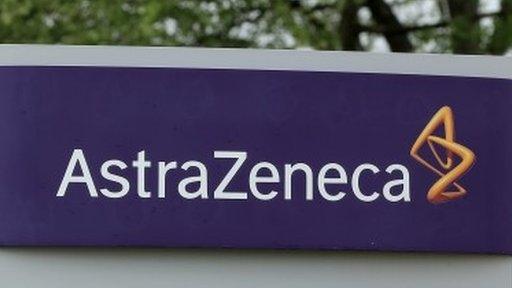
- Published9 May 2014
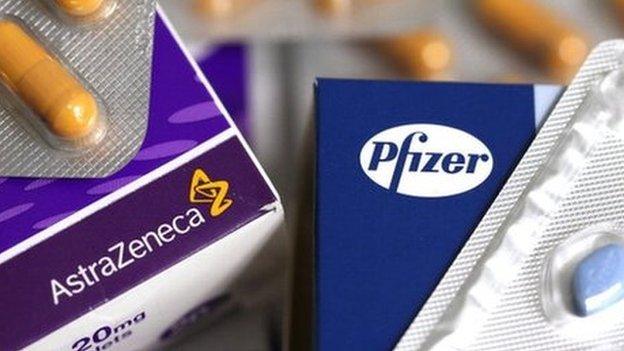
- Published2 May 2014

- Published2 May 2014

- Published14 May 2014
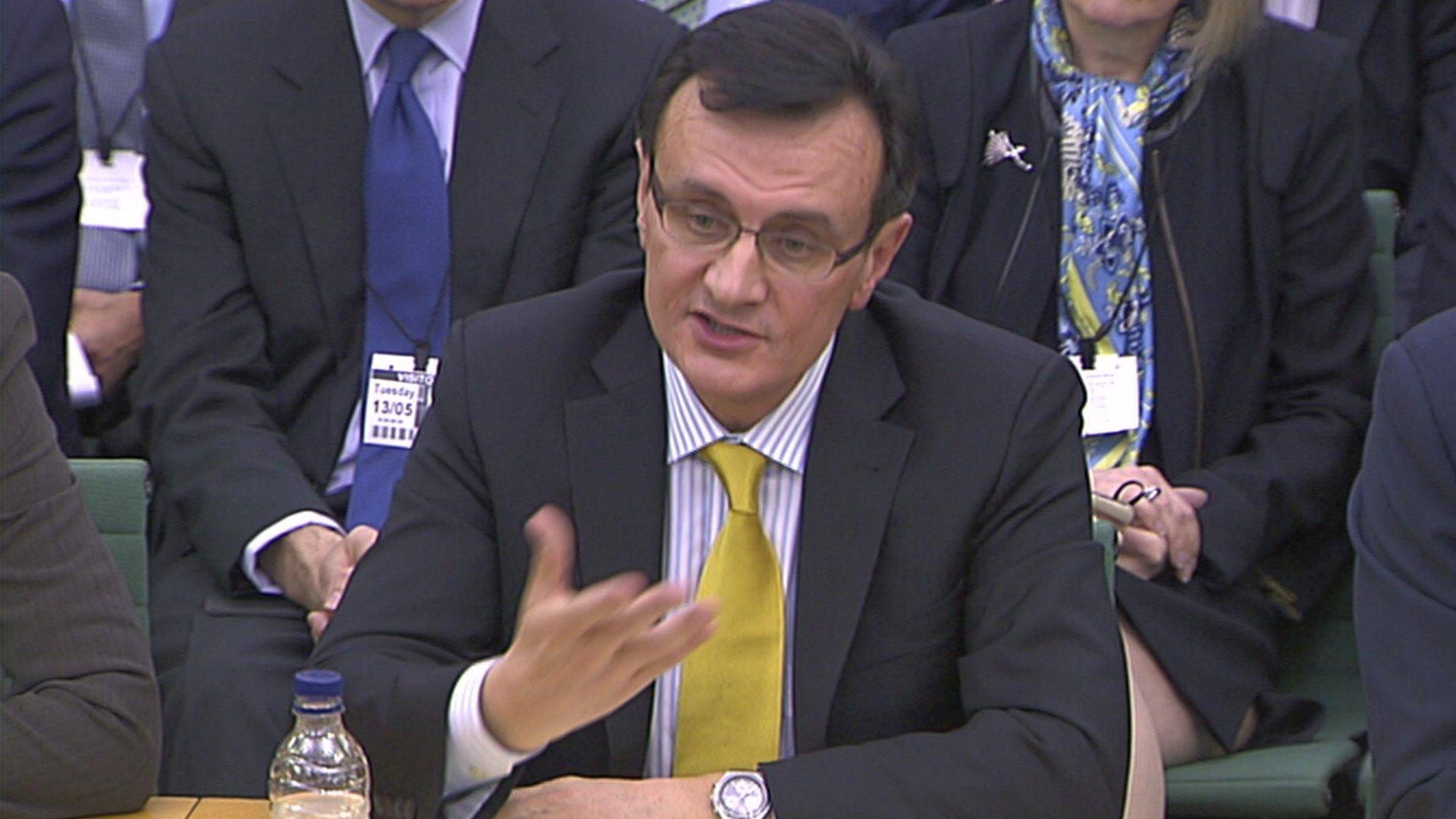
- Published13 May 2014
